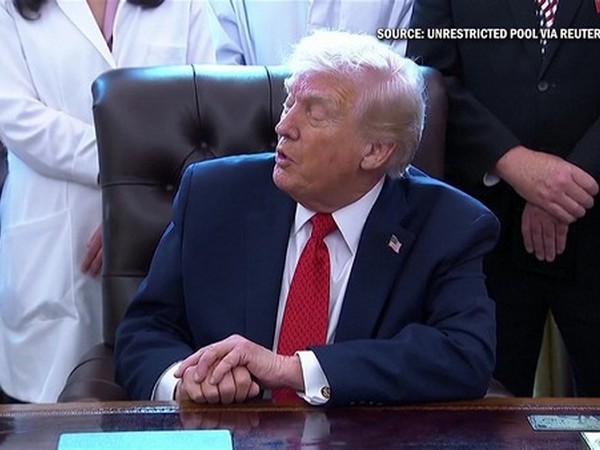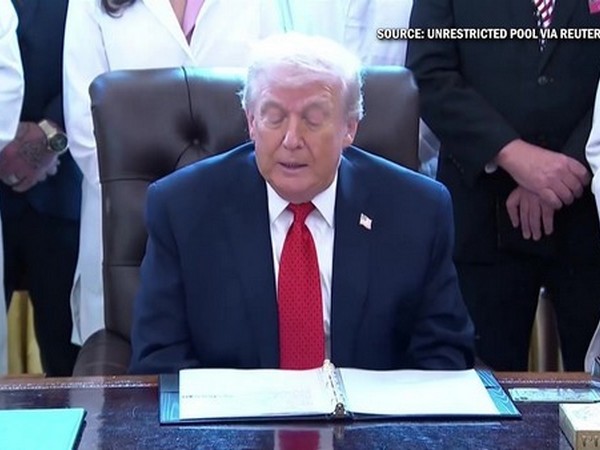Faced with increased crop-destruction and simian menace, Nepal lawmaker suggests "selling monkeys to China"
Feb 10, 2025

Kathmandu [Nepal], February 10 : A lawmaker from Nepal's lower house has suggested that the government should sell monkeys to China as a solution to growing problem of crop destructions and menace across the country.
Taking part in a deliberation on the matter of urgent public importance presented by Minister for Forest and Environment, Ram Hari Khatiwada from Nepali Congress suggested sale of monkeys to China as option.
Taking reference of Sri Lanka who had sold monkeys to China, lawmaker Khatiwada suggested the similar technique to be adopted in Nepal to address the issue. According to the lawmaker, selling monkeys to China could serve as a practical solution to mitigate the problem while generating government revenue.
"The monkey menace has induced nationwide terror. Sri Lanka sold its monkey to China, earn revenue, manage the monkeys and sent the harmful animal as well. Nepal's monkey, after being declared harmful, has there been any arrangement for its sale to China or not? In the Hilly areas, the residents are struggling hard due to the menace," lawmaker Khatiwada said.
Despite its efforts, the government has yet to find the right measures to control the monkey menace as it plagues the hilly region of Nepal. The provincial Ministries of Industry, Tourism, Forest and Environment had spent millions of rupees to study monkey management.
studies refrained from recommending any stringent measures to control monkeys citing their significance in people's religious beliefs--Hindus worship monkeys as god Hanuman. The study said sterilization and capture methods are unlikely to effectively control arboreal populations.
Nepal is home to three species of monkeys- the Rhesus macaque (Macaca mulatta), the Assamese monkey (Macaca assamensis) and the Hanuman langur (Semnopithecus entellus).
Nepal is a signatory to the Convention on International Trade in Endangered Species of Wild Fauna and Flora (CITES), the global treaty that regulates trade in species under threat. That rhesus monkeys are listed in CITES means their international trade is restricted.
An Act to Regulate and Control International Trade in Endangered Wild Fauna and Flora prohibits the export of wild animals and plants without government permission. One is jailed, according to the act, for five years to 15 years or fined NRs 5,00,000 to NRs 1 million or both if found guilty.
Similarly, the National Park and Wildlife Conservation Act also has included the rhesus monkey on the list of protected animals, thereby prohibiting its export without government permission. However, the Act does not mention any measures for controlling protected animals that threaten people and agricultural production.



















